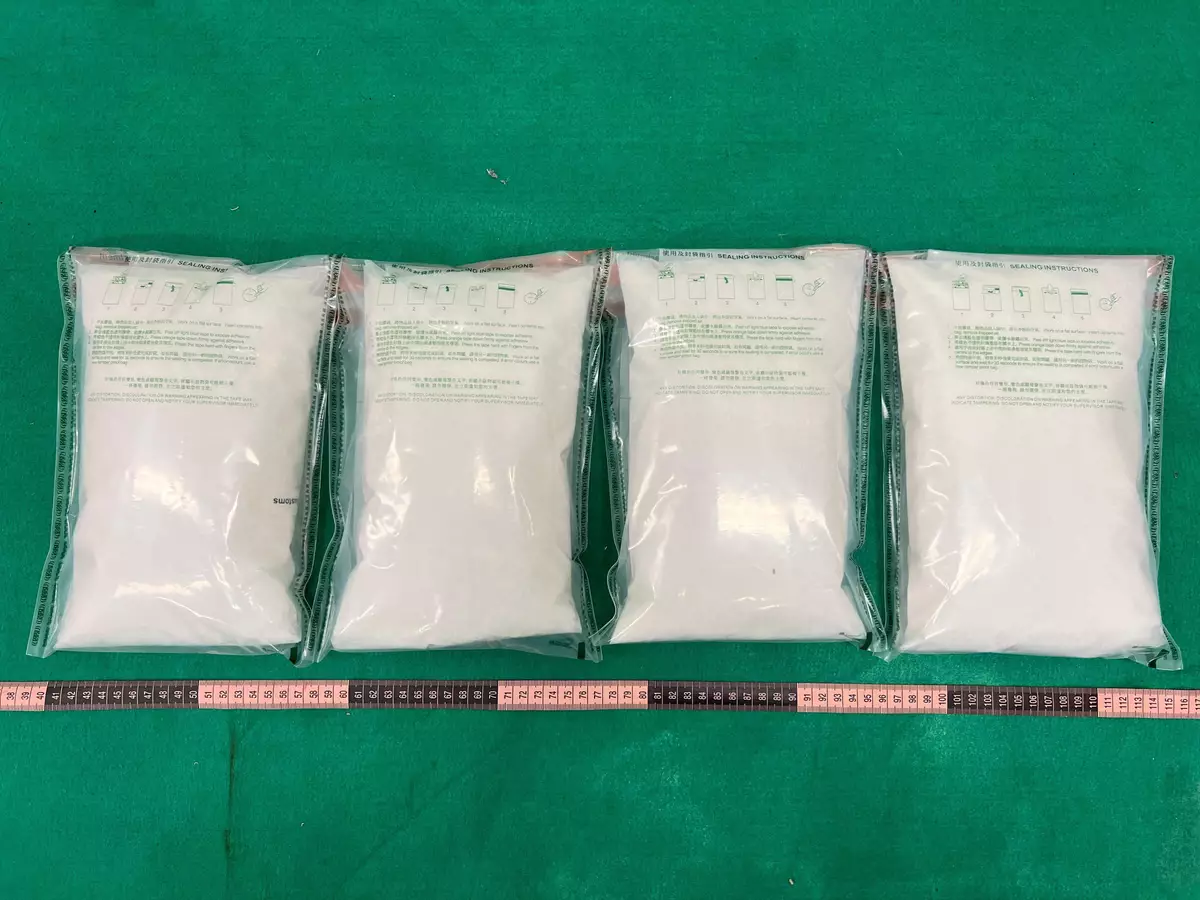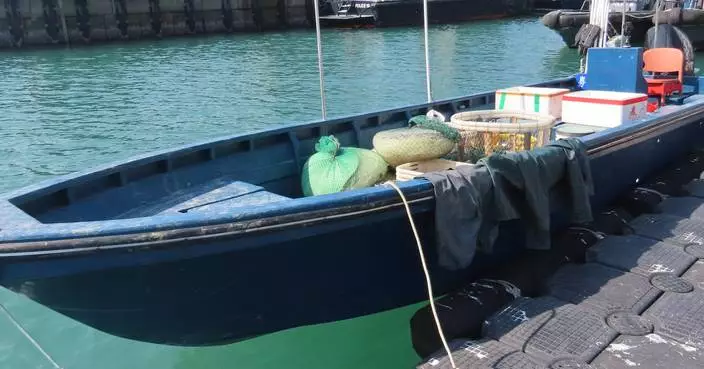Update on dengue fever
The Centre for Health Protection (CHP) of the Department of Health today (January 3) reported the latest number of dengue fever (DF) cases, and urged the public to maintain strict environmental hygiene, mosquito control and personal protective measures both locally and during travel.
From December 27, 2024, to yesterday (January 2), the CHP recorded one imported DF case. The patient had travelled to the Maldives during the incubation period.
A total of 161 cases of DF were recorded last year (2024), including 156 imported and five local cases. In 2023, 62 imported cases of DF were recorded.
According to the World Health Organization (WHO), the global incidence of DF has markedly increased over the past two decades, posing a substantial public health challenge. In 2023, ongoing transmissions, combined with an unexpected spike in DF cases, resulted in over 6.5 million cases and more than 7 300 dengue-related deaths reported in over 80 countries/territories. In 2024, the WHO recorded over 13 million cases, which was a record number of cases.
The number of DF cases recorded in Guangdong Province has been decreasing recently. The number of DF cases there has further decreased to less than 30 cases per week (December 16 to 22, 2024) from approximately 500 cases per week in late November 2024, according to the Guangdong Provincial Center for Disease Control and Prevention.
Detailed information on the latest DF situation in Hong Kong, as well as neighbouring and overseas countries and areas, has been uploaded to the CHP website.
"In view of the continued occurrence of DF cases outside Hong Kong, travellers returning from areas affected by DF should apply insect repellent for 14 days upon arrival in Hong Kong. If feeling unwell, seek medical advice promptly and provide travel details to a doctor," a spokesman for the CHP said.
The public should take heed of the following advice on mosquito control:
Thoroughly check all gully traps, roof gutters, surface channels and drains to prevent blockage;
Scrub and clean drains and surface channels with an alkaline detergent compound at least once a week to remove any deposited mosquito eggs;
Properly dispose of refuse, such as soft drink cans, empty bottles and boxes, in covered litter containers;
Completely change the water of flowers and plants at least once a week. The use of saucers should be avoided if possible;
Level irregular ground surfaces before the rainy season;
Avoid staying in shrubby areas; and
Take personal protective measures such as wearing light-coloured long-sleeved clothes and trousers, and apply insect repellent containing DEET to clothing or uncovered areas of the body when doing outdoor activities.
DEET-containing insect repellents are effective and the public should take heed of the tips below:
Read the label instructions carefully first;
Apply right before entering an area with risk of mosquito bites;
Apply on exposed skin and clothing;
Use DEET of up to 30 per cent for pregnant women and up to 10 per cent for children*;
Apply sunscreen first, then insect repellent; and
Reapply only when needed and follow the instructions.
* For children who travel to countries or areas where mosquito-borne diseases are endemic or epidemic and where exposure is likely, those aged 2 months or above can use DEET-containing insect repellents with a DEET concentration of up to 30 per cent.
The public should call 1823 in case of mosquito problems and may visit the following pages for more information: the DF page of theCHPand theTravel Health Service, the latestTravel Health News,tips for using insect repellents, and the CHPFacebook PageandYouTube Channel.
Hong Kong Customs seizes suspected ketamine worth about $1.9 million in anti-narcotics operation
Hong Kong Customs on January 2 seized a total of about 4 kilograms of suspected ketamine with an estimated market value of about $1.9 million in Tai Wai.
Through risk assessment, Customs on that day inspected an air parcel, declared as clothing and arriving in Hong Kong from the United Kingdom, at a warehouse of a local consolidator company in Tai Wai. Upon inspection, Customs officers found about 4kg suspected ketamine concealed inside the parcel.
After a follow-up investigation, Customs officers conducted a controlled delivery operation yesterday (January 4) in Causeway Bay and arrested a 59-year-old male consignee. The arrested person has been charged with one count of trafficking in a dangerous drug. He will appear at the Eastern Magistrates' Courts tomorrow (January 6).
Customs will continue to step up enforcement against drug trafficking activities through intelligence analysis. The department also reminds members of the public to stay alert and not to participate in drug trafficking activities for monetary return. They must not accept hiring or delegation from another party to carry controlled items into and out of Hong Kong. They are also reminded not to carry unknown items for other people, nor to release their personal data or home address to others for receiving parcels or goods.
Under the Dangerous Drugs Ordinance, trafficking in a dangerous drug is a serious offence. The maximum penalty upon conviction is a fine of $5 million and life imprisonment.
Customs reminds members of the public to pay attention to the fact that drug trafficking is a serious criminal offence. A criminal conviction will result in grave repercussions for their future and they should not take risks in the hope that they may not be caught.
Members of the public may report any suspected drug trafficking activities to Customs' 24-hour hotline 182 8080 or its dedicated crime-reporting email account (crimereport@customs.gov.hk) or online form (eform.cefs.gov.hk/form/ced002/).

Hong Kong Customs seizes suspected ketamine worth about $1.9 million in anti-narcotics operation Source: HKSAR Government Press Releases






